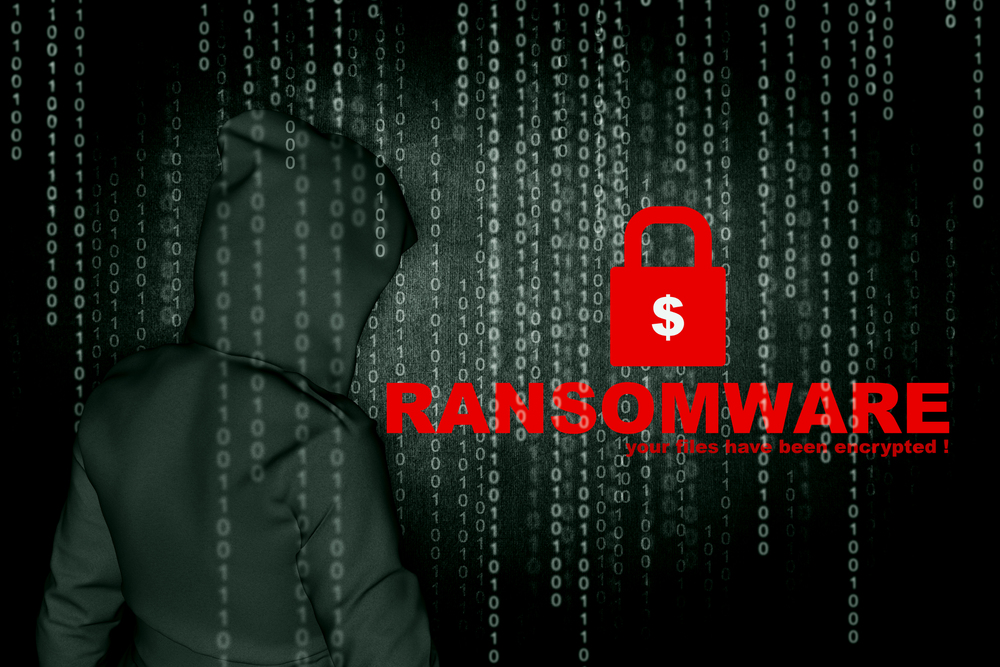
Over 80 percent of organizations affected by supply chain cyber breaches
A new report from cyber defense company BlueVoyant finds that 81 percent of organizations report they were negatively impacted by a cybersecurity breach within their supply chain over the past twelve months.
Although there has been a promising 17 percentage point year-on year increase (from 19 percent to 36 percent) in respondents reporting they working with third parties at every step to resolve issues, the process remains challenging.

Why DevOps teams are shifting to platform engineering [Q&A]
Software development has become increasingly demanding in recent years often driven by underlying infrastructure complexities.
This is leading some organizations to shift towards dedicated platform engineering teams. These can help by automating repetitive tasks, enhancing security protocols, and providing seamless integration across diverse systems. This in turn enables developers to focus on their core role of building applications.

Ransomware still the #1 cyber threat
A new report from Check Point Research shows that ransomware remains the top cyber threat, with RansomHub emerging as the fastest-growing group, operating through Ransomware-as-a-Service (RaaS).
As of September 2024, RansomHub accounted for 19 percent of all ransomware victims published in shame sites, marking a shift in the cybercriminal landscape. Meanwhile, Lockbit, once dominant, has seen a significant decline, responsible for only five percent of new victims, many of which are recycled from previous attacks.

Are biometrics the future for security? [Q&A]
As technology has become a key part of more areas of our lives, ensuring our information remains secure is essential. The majority of data breaches are due to credentials that have been compromised in some way so we really need to look beyond passwords.
Biometrics is one area that's gaining in popularity so we spoke to Tina D'Agostin, CEO of biometric access control specialist Alcatraz AI, to discuss the rising popularity of AI-powered biometric security solutions, and its benefits.

Free tool helps find vulnerabilities in Microsoft Power Platform code
A new free discovery and lightweight attack surface assessment tool for Microsoft Power Platform aims to address the growing challenge of low-code/no-code (LCNC) shadow engineering.
The tool from Nokod Security offers visibility into LCNC assets created by citizen developers to help security teams know and understand the scale and presence of security risks.

80 percent believe cybersecurity skills will be vital in AI environments
A new report shows 45 percent of cybersecurity teams are already using AI tools, and 80 percent of professionals believe cybersecurity expertise will be even more critical in an AI-driven environment.
The research from ISC2 surveyed almost 16,000 cybersecurity professionals and decision makers worldwide and finds that 74 percent of respondents say the threat landscape is the most challenging they have experienced in the last five years, and job satisfaction has fallen from 74 percent in 2022 to 66 percent in 2024.

Enterprises increase use of Apple products driven by security and user preference
A new report from Apple endpoint management specialist Kandji shows that 73 percent of organizations report that their number of Apple products has increased over the last year, driven primarily by employee preference (76 percent), security (50 percent), and reliability (43 percent).
Commissioned by Kandji and conducted by Dimensional Research, the global survey gathered insights from more than 300 IT professionals with responsibility for the management and delivery of Apple products to employees at a company with more than 1,000 employees and more than 500 end-user devices.

70 percent of DevSecOps professionals can't identify AI source code origins
Almost 70 percent of DevSecOps professionals can't detect AI source code origins, creating massive security risks, according to a new report.
The study from JFrog finds the majority of software developers and cybersecurity teams are lacking well-defined AI and Machine Learning (ML) source code usage visibility, provenance, and governance, leaving many organizations at risk.

Automated bot attacks surge ahead of US election
Automated bot attacks targeting social media platforms have surged in the lead-up to the US presidential election, with the sector accounting for 28 percent of all attacks in Q3, up from just three percent in Q1.
The latest identity fraud report from AU10TIX shows an increasing industrialization of identity fraud, with bad actors launching automated mega-attacks using thousands of false identities targeting payments, crypto and social media companies all over the world.

Identity system modernization held back by 'technical debt'
Modernizing identity systems is proving difficult for organizations due to two key challenges, decades of accumulated identity and access management (IAM) technical debt and the complexity of managing access across multiple identity providers (IDPs).
A new report from Strata Identity and the Cloud Security Alliance (CSA) finds incompatibility with non-standard, legacy applications is a barrier to deploying advanced application authentication for 71 percent of respondents, further highlighting the issue of technical debt with 54 percent of respondents citing it as their top hurdle when modernizing their IAM architecture.

Unnecessary replacement of hardware leads to higher costs and growing waste problem
More than three quarters (77 percent) of IT decision makers say that their organization has a fixed time frame for replacing hardware. 14 percent replace every year, 30 percent every two years and 33 percent every three years.
A survey of 400 US and UK decision makers from Scalable Software suggests this leads to unnecessary upgrades and increased costs and can also have a negative environmental impact.

How AI is set to democratize information [Q&A]
One of the features of AI is its ability to process large volumes of data to identify patterns and make information more accessible.
We spoke to Igor Jablokov, CEO and founder of Pryon, about how enterprises can take advantage of this ability and make better use of their data.

New solution for safe enterprise AI deployment
GenAI is set to drive significant productivity gains, leading to massive economic growth, but enterprises face the challenge of deploying GenAI systems at scale and safely connecting to data systems while ensuring proper controls and governance.
To address this Securiti is releasing Gencore AI, a first of its kind holistic solution to easily and quickly build safe, enterprise-grade GenAI systems, copilots and AI agents.

Data governance needs to be made ready for AI
Improving data quality (42 percent), security (40 percent), and analytics (40 percent) remain top data governance drivers, but in 2024 ensuring data readiness and quality for AI (34 percent) has made the list as the fourth most cited driver of data governance programs.
A report from Quest Software and ESG (Enterprise Strategy Group) also shows organizations report evolving data and governance to an AI-ready state (33 percent) as a top three bottleneck impacting the data value chain, behind understanding the quality of source data (38 percent) and tied with finding, identifying and harvesting data assets (33 percent).

Enterprises vulnerable to look-alike domains
According to a new report, 80 percent of registered web domains that resemble a Global 2000 brand do not actually belong to that brand.
The report from enterprise-class domain registrar CSC shows that of the homoglyph (look-alike fake) domains owned by third parties other than the Global 2000 brand owners, 42 percent have MX records (email exchange records) compared with 40 percent in 2023. These MX records can be used to send phishing emails or to intercept email.